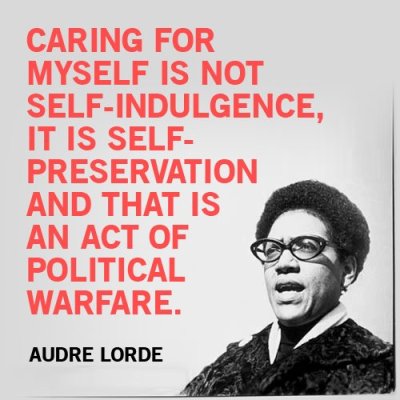PeacePlayers International (PPI) is a nonprofit organization that uses the game of basketball to unite, educate, and inspire young people in divided communities worldwide. Through year-round, integrated youth basketball programs in South Africa, Northern Ireland, Israel and the West Bank, and Cyprus, PPI has reached more than 60,000 participants since its inception in 2001. PPI prioritizes the involvement of girls in its programs. In Israel and the West Bank, where only 25% of participants in competitive sports are women, more than 70% of PPI’s program participants are female. PPI uses its unique curriculum to not only teach participants how to be confident, assertive athletes, but also confident, assertive leaders. Using a longitudinal model, which engages children from early childhood all the way through adulthood, PPI is creating a league of young women ambassadors for peace. PPI’s Leadership Development Program gives these young women the tools to lead the way towards peace in their local communities and beyond, and to serve as positive role models for younger girls.
PPI-ME 2012 Peace League Tournament “Israeli and Palestinian Girls Balling Together”
Intensity was high! A year’s worth of hard work and determination at weekly practices and “Twinnings” compounded with the newfound knowledge of PPI – ME’s peacebuilding curriculum was finally culminating in a three hour event. For the girls participating, it seemed so natural. For onlookers, it was a pleasure to watch.
Participating teams at PPI – ME’s annual Peace League Tournament hailed from East and West Jerusalem, Pisgat Ze’ev, and Mate Yehuda. The girls have worked so hard to get to this point, and now, this was my time to see how they have progressed in basketball and leadership skills, attitude and behavior and sportsmanship. It was beyond the intensity on the court, but rather the chemistry that spoke loud and clear: these girls are a family!
Participants were split into three integrated teams. Once they were divided, they began playing against each other for a total of three games. Everyone was cheering during the tournament-style event – and not just for their own teams. The girls, who come from not only different areas of Jerusalem, but from very different upbringings, took an interest in the game when they weren’t the ones playing. They sat in the stands with the other friends and families, and watched and cheered their new-found friends on the court.
The Jerusalem All Stars (an integrated team that competes in the National Basketball League) proved to be the dominating team with some of PPI-ME’s most advanced Palestinian and Israeli players. They made their presence known on the court with an intense defense and a great chemistry on both the defensive and offensive ends of the floor.
It was truly a victory for everyone! At the end of the event, medals and trophies were distributed to all the victors. Everyone had a great time!
Reposted from
![DSCN2617[1]](http://peaceplayersintl.files.wordpress.com/2012/06/dscn26171.jpg?w=500&h=375)
